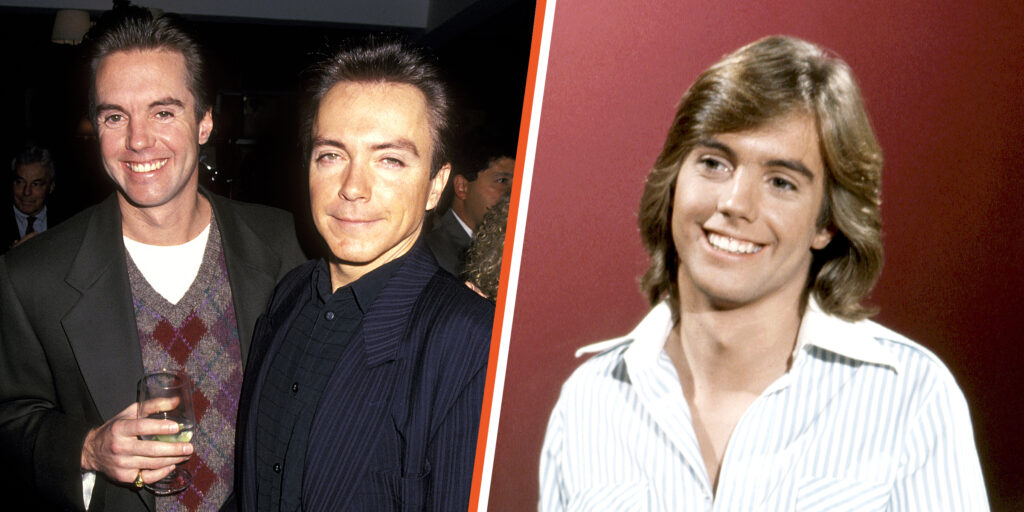
A Glossy Idol Tries on Rebellion, but the Mirror Shows Something Else
When Shaun Cassidy released his cover of “Rebel, Rebel” in 1979 as part of his album Wasp, it marked a jarring and unexpected moment in the career of a teen idol attempting metamorphosis. While the original David Bowie version had already cemented itself as a glam-rock anthem of defiance and gender-bending swagger upon its 1974 release, Cassidy’s rendition neither charted significantly nor earned critical praise. Instead, it exists today as a fascinating artifact—an ambitious, if awkward, attempt by a pop confection to step into the boots of rock provocation.
The decision to include “Rebel, Rebel” on Wasp—an album produced by none other than Todd Rundgren, known for his own genre-defying artistry—was bold, even audacious. At the time, Cassidy was wrestling with the waning of his Tiger Beat stardom. The late ’70s were shifting beneath his feet: disco was fading, punk had rattled the underground, and new wave loomed on the horizon. A safe image no longer guaranteed longevity. So here was Cassidy, brushing off the bubblegum gloss in an attempt to claim credibility by adopting the rebellious poise of glam rock’s elder statesman.
But therein lies the paradox that makes this track so compelling. Bowie’s original is a snarling snarl at conformity, wrapped in androgyny and strut—it is not just a song but a manifesto. The lyrics—“You’ve got your mother in a whirl / She’s not sure if you’re a boy or a girl”—celebrate ambiguity and youth’s refusal to be defined. Cassidy sings those same words, but where Bowie slinks and seduces with every syllable, Cassidy seems almost embalmed in studio sheen. Rundgren’s production recasts the song with jittery synths and sharp mechanical edges; it’s less Ziggy Stardust and more Max Headroom meets midnight movie.
And yet, this incongruity offers its own strange beauty. There’s something achingly human about hearing rebellion filtered through an artist better known for playing it safe. Cassidy sounds like he wants to believe it—wants to wear that eyeliner honestly—but can’t quite slip free from the expectations etched into his fame. His voice reaches for menace but lands closer to mimicry, like someone trying on leather without scuffing the boots. In that struggle lies an unspoken commentary on celebrity itself: how personas are built up only to be torn down or abandoned in pursuit of authenticity.
Today, Shaun Cassidy’s “Rebel, Rebel” endures not as a rival to Bowie’s anthem but as its ghostly echo—a pop prince’s attempt to find substance in shadow. It may lack the raw nerve of its predecessor, but it captures something equally poignant: the sound of an artist standing at the edge of reinvention and peering into the unknown.